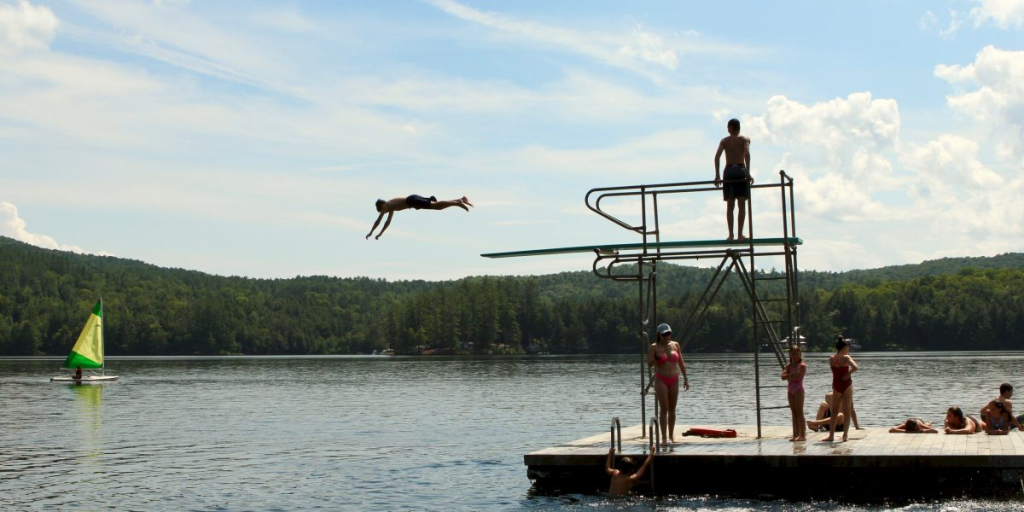Vermont’s rule-making process requires that an economic impact analysis accompanies any proposed changes. RWVL leadership, including members experienced in law, business, environment, and government, has prepared such an analysis and submitted it to the Department of Environmental Conservation. Several noted economists have reviewed our analysis. Here is the executive summary:
This analysis examines two scenarios, with and without wake boat regulation, ten years into the future. It shows that the economic benefits of regulation outweigh the costs by ten to one. The annual benefits — estimated at $93 million — include the preservation of water quality, the continuation of affordable small-scale recreational activities that form the core of Vermont’s water-based recreation, and the protection of the tourist economy that depends on clean, clear, and safe lakes. The potential annual costs — about $8 million — accrue to limitations that this rule would place on the growth of the wake surf boat industry.
Wake surfing close to shore discourages the thousands of swimmers, kayakers, sailors, anglers, water-skiers, and other small-craft users who form the foundation of Vermont’s substantial lake-based economic activity. Moreover, even a few wake surfers close to shore cause costly environmental damage, while contributing little to the state’s economy.
You may download a complete copy of the economic impact analysis here.



